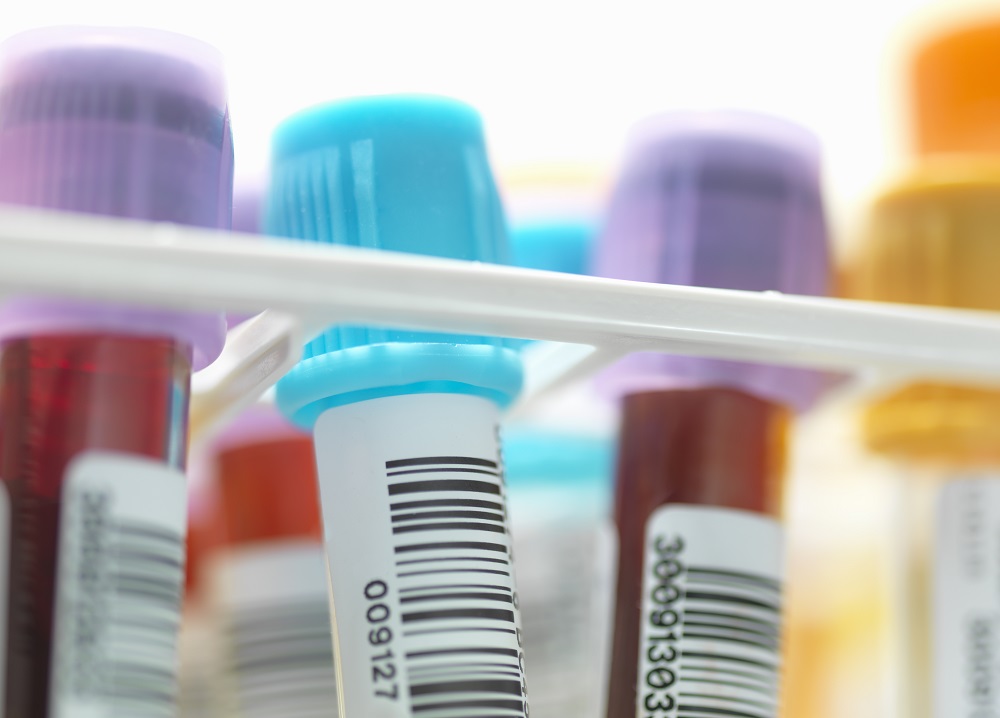
Patients with acne may have lower levels of serum 25 hydroxy vitamin D (25-OH vitamin D) compared with people without acne, but whether vitamin D supplementation benefits acne outcomes remains unclear, according to study research published in Dermatologic Therapy.
A total of 134 patients with acne (mean age, 20.11±2.92 years) and 129 sex- and age-matched healthy control patients (mean age, 20.27±3.17) were enrolled in this single-center study. Global Acne Grading Scale (GAGS) scores were used to assess the severity of acne vulgaris in all patients, whereas serum 25-OH vitamin D levels were measured in all participants. Vitamin D statuses were based on serum cut-off values and included vitamin D deficient (≤20 ng/mL), vitamin D insufficient (21-29 ng/mL), and vitamin D sufficient (≥30 ng/mL).
Compared with control participants, patients with acne had significantly lower serum 25-OH vitamin D levels (P <.001). In addition, there was a significantly higher prevalence of vitamin D deficiency (≤20 ng/mL) in patients with acne vs the non-acne control group (77.6% vs 63.9%, respectively; P =.041). Vitamin D deficiency was higher in patients with severe acne (93.8%) and very severe acne (100%) compared with patients with mild (0%) and moderate (6.7%) acne. A negative-strong significant association was observed between serum 25-OH vitamin D levels and GAGS scores in those with acne (P <.001; r= -0.910).
A limitation of this study was the lack of vitamin D supplementation and the assessment of this supplementation on acne lesions.
Although this study did not determine whether supplementation can benefit acne outcomes, the researchers said “performing serum 25-OH vitamin D levels in especially severe acne patients may be considered as a routine laboratory work.”
Reference
Kemeriz F, Tuncer SÇ, Acar EM, Ayanoğlu BT. Evaluation of 25-hydroxy vitamin D levels and disease severity in patients with acne vulgaris [published online April 8, 2020]. Dermatol Ther. doi: 10.1111/dth.13393
